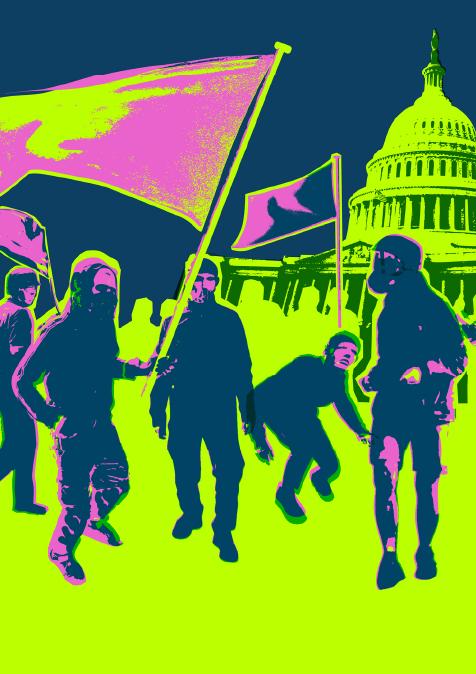Les Mardis du PCNS 16/06/2020: نقاش عبر الويب: تحديات تدبير أزمة كورونا على المستوى المحلي في المغرب
بعد تفشي فيروس كورونا المستجد في جل مناطق العالم، اختلفت طرق التصدي له من دولة إلى أخرى. حيث اعتمدت الدول قرارات متفاوتة من حيث الصرامة في ظل الحد من تفشي هذا الوباء. وفي نفس الصدد، اتُخذت عدة قرارات لدعم المواطنين لكي يتاح لهم المرور من هذه الأزمة بأقل الأضرار الممكنة في مختلف القطاعات والمجالات من أجل تحقيق نقلة نوعية تتسم بالصمود والإنصاف والعدالة المجالية. وقد شكلت هذه التدابير والإجراءات المتخذة لمواجهة الجائحة على المستوى الوطني والمحلي فرصة مهمة لفتح النقاش حول إشكالية محورية تتمثل أساسا في مكانة الجماعات الترابية في النسق السياسي والإداري، وأهميتها في تدبير الأزمة الوبائية الراهنة وترتباتها على المستوى المحلي، بالإضافة إلى العلاقة بين الفاعل المركزي والفاعل المحلي ومدى قدرة على الأخير على ممارسة صلاحيته الدستورية والتنظيمية لمواجهة مثل هذه الأزمات. فكيف يمكن تقوية مرونة المجالات الترابية، وتعزيز قدرتها على دعم الانتعاش الاقتصادي والتنمية المحلية، لتكفل استمرارية وتحسين جودة الخدمات العمومية المحلية وكذا علاقتها بين الإدارة والمواطن في ظل الجائحة؟ ما هي علاقة الوحدات اللامركزية بالسلطة المركزية، وطرق مساهمتها في تدبير الأزمة الناتجة عن جائحة كورونا وكذا تأثيرها على الأداء التنموي للهيئات المحلية؟ كيف يتم التنسيق بين أدوار وصلاحيات الإدارة والسلطات المحلية والهيئات المنتخبة؟ وما سبل تفعيل أدوار الجماعات لمواجهة مثل هذه الأزمات الطارئة؟ 45 دقيقة تحديات تدبير أزمة كورونا على المستوى المحلي في المغرب المسيرة: إيمان لهريش، مسؤولة عن البرامج بمركز السياسات من أجل الجنوب الجديد المتدخلون: بوجمعة البوعزاوي، أستاذ القانون الإداري، جامعة محمد الخامس بالرباط ابتسام عزاوي، نائبة برلمانية طارق أقديم، خبير في التنمية المجالية










